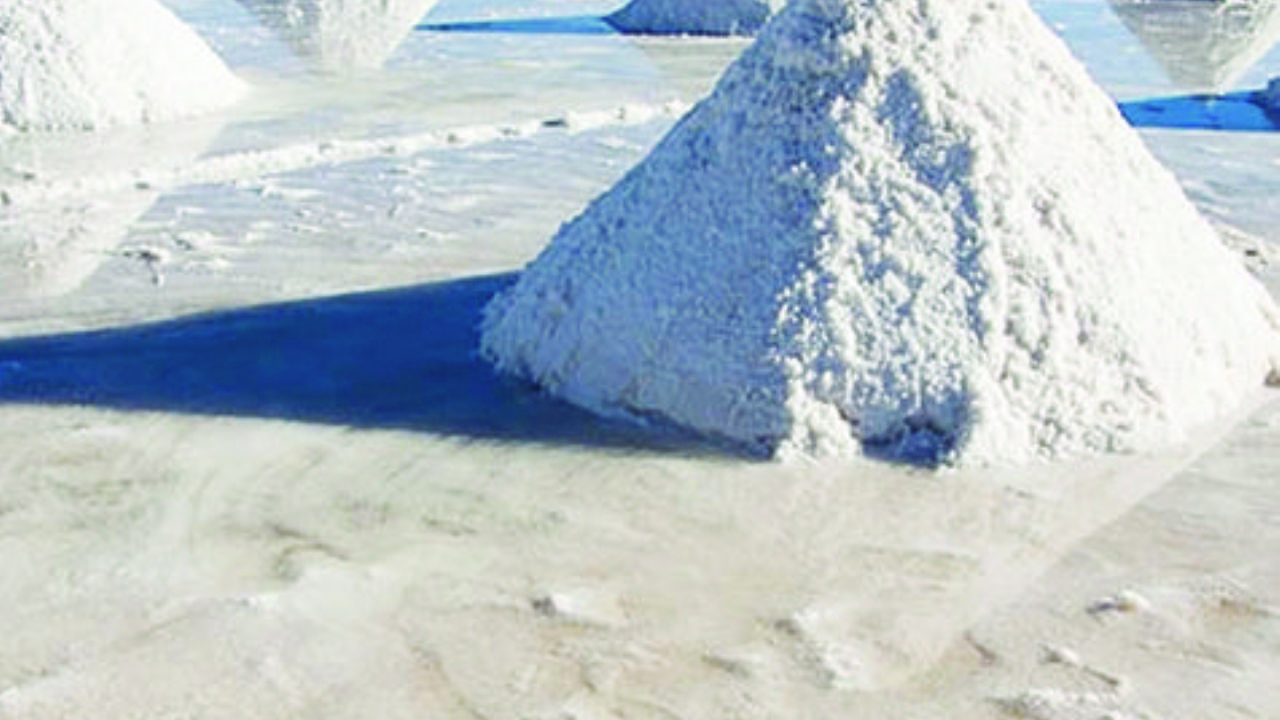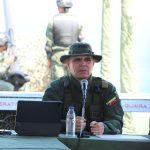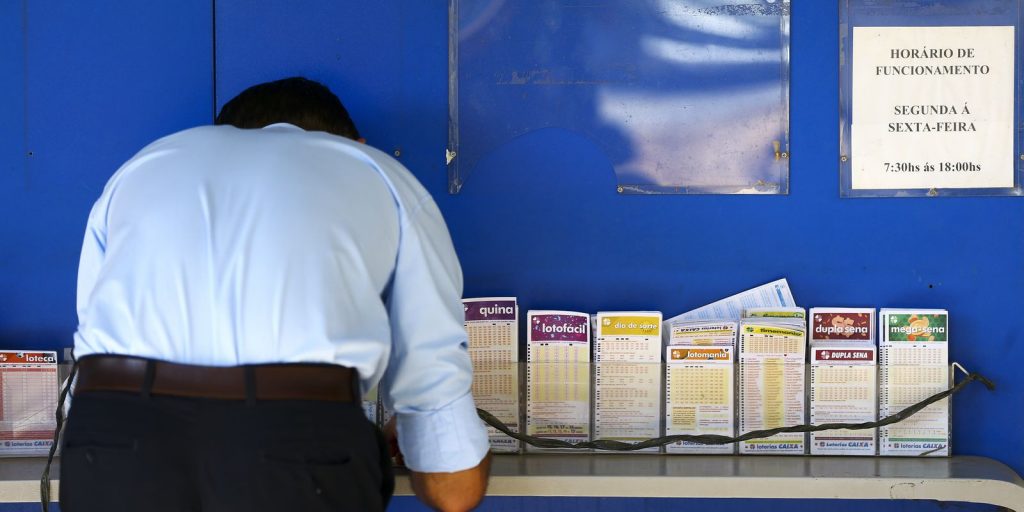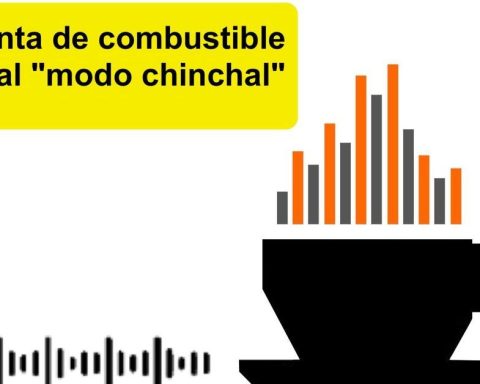EFE / Moscow, Russia
The suspension of lithium supplies by Argentina and Chile can have very serious consequences for Russia, acknowledged Vladislav Demidov, deputy head of the Metallurgy department of the Ministry of Industry and Trade.
“In conditions in which the supply from Chile and Argentina has been suspended, the only possibility of receiving (lithium) ore is from Bolivia,” he said during a round table in the Russian Senate.
The official recalled that “in Russia there is no extraction of lithium mineral. We receive the mineral in the form of lithium carbonate from Chile, Argentina, China and Bolivia.”
“The problem with lithium is already gigantic, since, in the event of a refusal to supply mineral from Bolivia, we would have nowhere to get it from,” he said.
You can also read: Cedib: Even local laws on the use of mercury are not complied with
Demidov noted that Russia has lithium processing capacity in places like the Siberian regions of Krasnoyarsk and Novosibirsk, and Tula, in the European part of the country.
Still, he warned that if lithium imports don’t arrive, “a big problem may arise in meeting the needs of lithium-ion batteries.”
It also revealed that Russian companies are preparing to extract lithium ore, although they are still waiting to obtain government licenses.
In recent years, Russia has shown interest in exploring Bolivian lithium deposits, which was made clear in 2019 during the visit to this country by Bolivian President Evo Morales.
You can also read: YPFB affirms that in May there will be news about the gas purchase-sale contract with Brazil
Of course, last October Bolivia, which has one of the world’s largest reserves of lithium in the Uyuni, Potosí and Coipasa salt flats (Oruro), denied having reached an agreement with Russia to exploit those deposits.
On the other hand, once the Russian “special military operation” in Ukraine began, the Ukrainian authorities estimated the untapped lithium reserves at 500,000 tons.
The international press denounced that Moscow would be interested in controlling these reserves, the bulk of which would be found in Donbas, whose “liberation” is one of the main objectives of the current Russian military campaign.


















